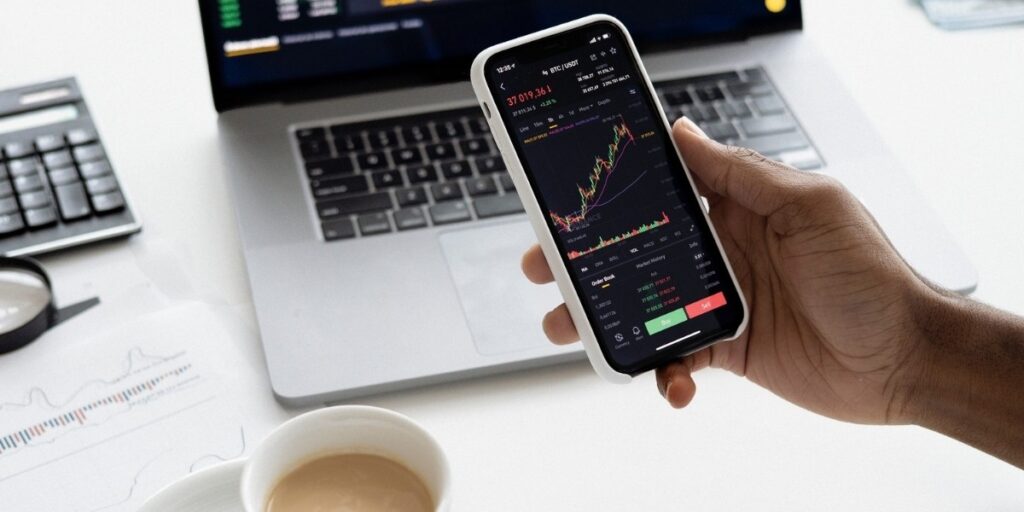This week, investors headed en masse to the medicine cabinet to grab handfuls of antacids as they watched equity markets swoon after the April Consumer Price Index (CPI) reading notched a 4.2% increase. The CPI, which measures the prices paid for a basket of consumer goods and services, is seen as the most relevant measure of inflation, and 4.2% is the highest CPI reading since 2009. Inflation has been benign for more than a decade, but now, as the pandemic restrictions recede, the confluence of a reopening economy, large pent-up consumer demand and lots of government stimulus money sloshing around is pushing prices up. Prices for used cars, airline tickets, steel, lumber, copper—you name it—are mostly higher over recent weeks. Component shortages (as with automobile chips) and supply-chain blockages (as with the recent Suez Canal container ship grounding) are also contributing to rising prices.
Fed Watching and Waiting
So far, the Federal Reserve views the inflation uptick as temporary and a normal result of an awakening economy. Thus far, the Fed has said it will remain very patient with regard to raising interest rates or reducing its bond buying program, but investors may be starting to wonder if a few more high inflation readings may force the Fed to move up its timeline.
Inflation Impacts
Inflation can be problematic for asset prices, but some types of assets are much more vulnerable than others. There are, of course, no absolutes, and assets gain or lose value based on many other factors as well. Investors should not overreact to this CPI number.
Stocks generally do fine during periods of rising inflation—provided the rate of change is not too fast. During periods of gradually increasing inflation, companies are able to raise prices for their goods and services, and thereby sort of float along with inflation. The effects are not uniform across all industries, however. Companies that source raw materials to then manufacture finished goods run the risk of having their margins squeezed as their input costs rise faster that their ability to raise prices on their finished products. Higher inflation also gets embedded in interest rates, which can both increase the cost of capital for companies as well as pressure the price-to-earnings multiples at which their stocks trade.
Inflation can be very challenging for bonds. Long-term investment grade bonds, which have a fixed payout in the distant future, may fare the worst. Because bonds provide a fixed interest payment and a fixed payment at maturity, they are at the mercy of inflation as it ravages their purchasing power over their full maturities. Long-term bonds are therefore at more risk than short-term bonds.
Cash faces a similar challenge. Because holding cash pays virtually nothing right now, a bout of inflation will reduce your purchasing power of that cash by essentially the annual rate of inflation. If inflation is 3% per year, the purchasing power of your cash in your checking account is decreasing by 3% per year.
Structural or Temporary?
Of course, no one knows yet if recent inflation readings are the beginning of a structural change or just a transitory phenomenon that will ease once the economy is operating at full steam again. Investors will be watching closely to see if a string of hot inflation numbers gets the Fed to change its position.
Please contact us if you would like to discuss your financial situation with us.





